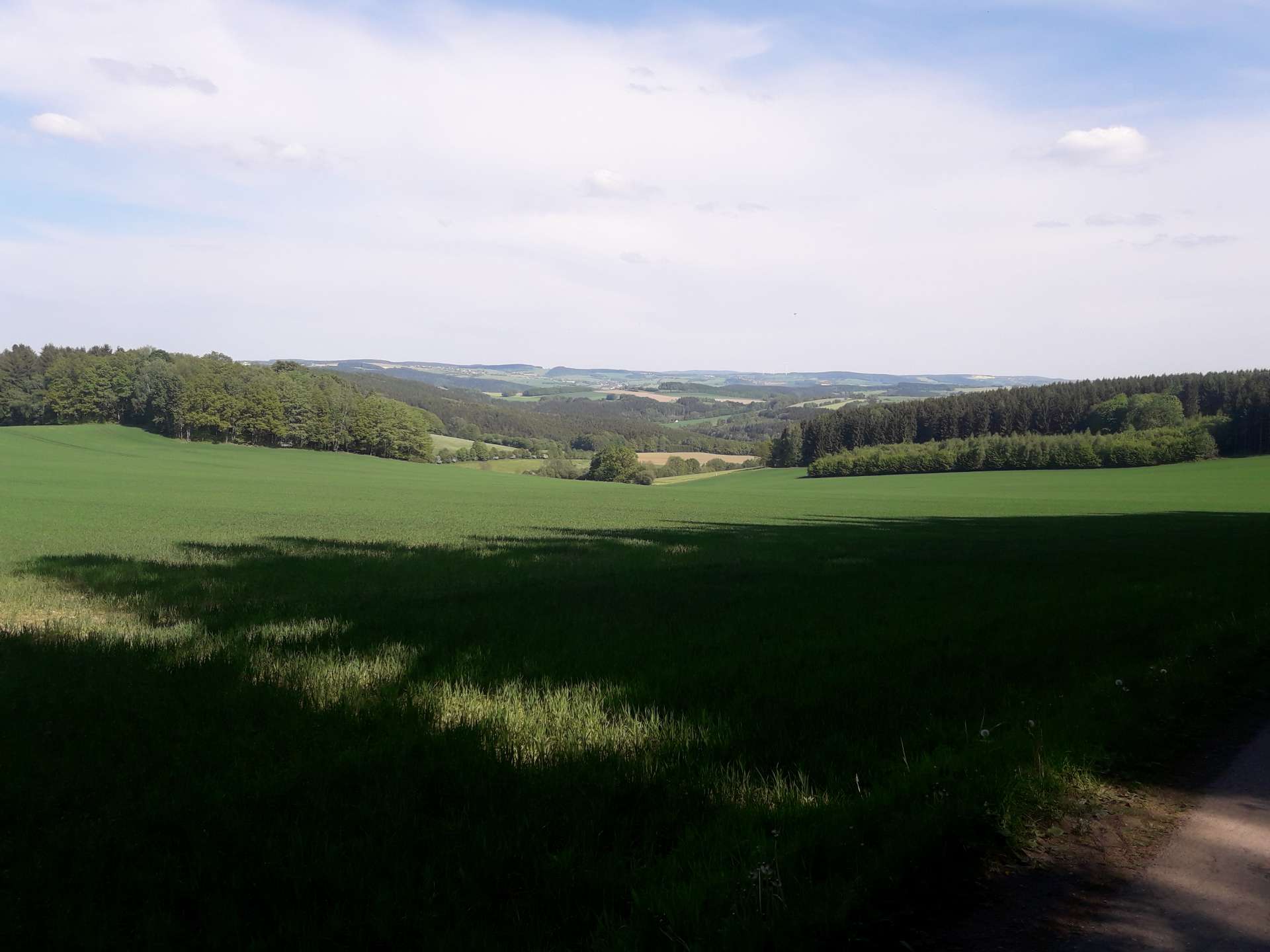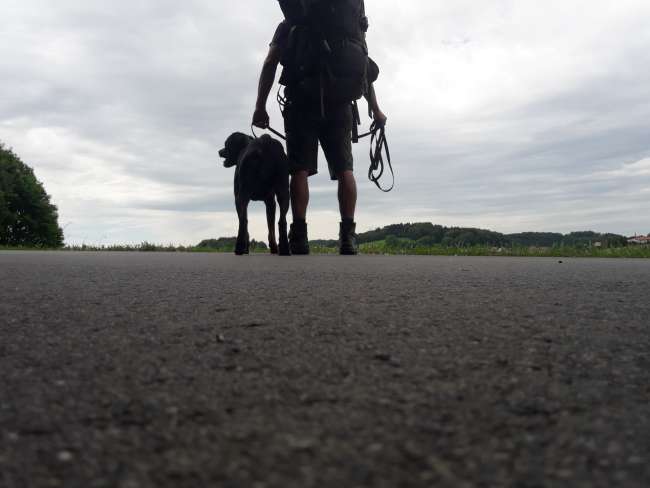Über Albiţa nach Chişinău
Հրատարակվել է: 30.07.2018
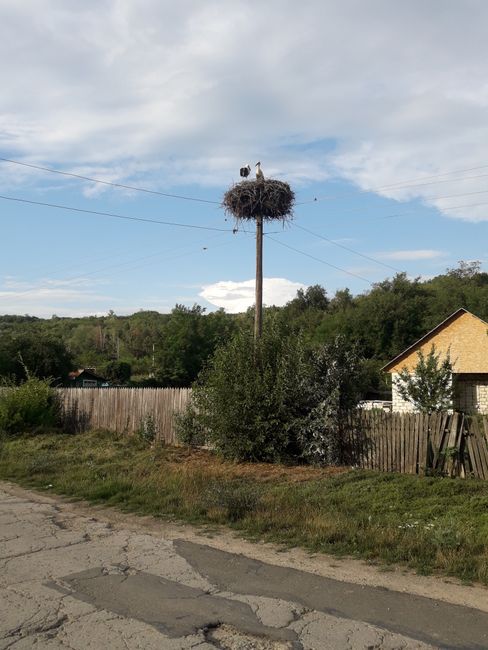
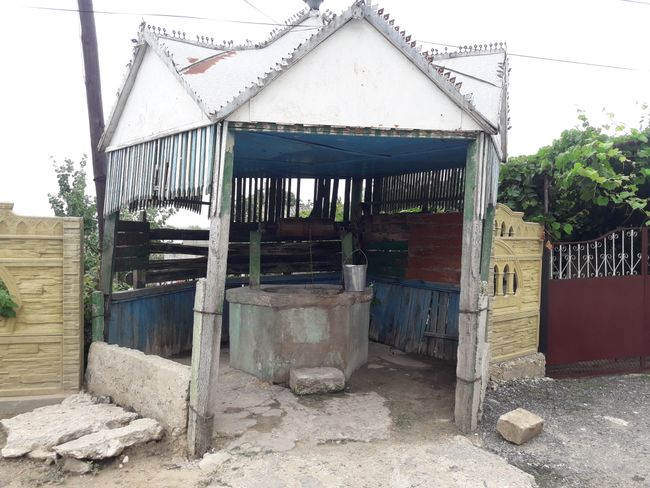
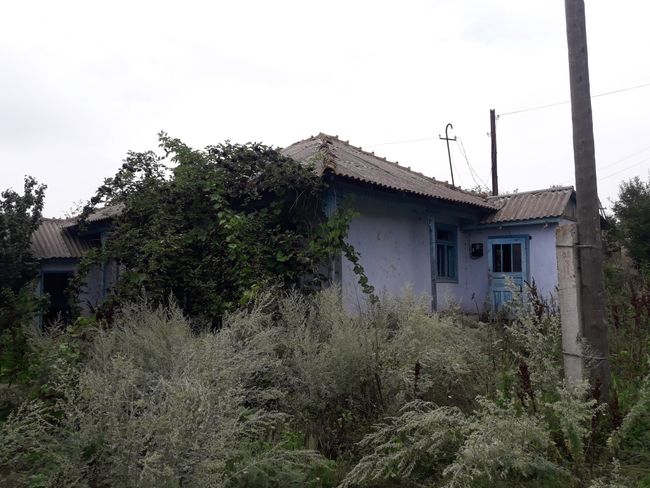
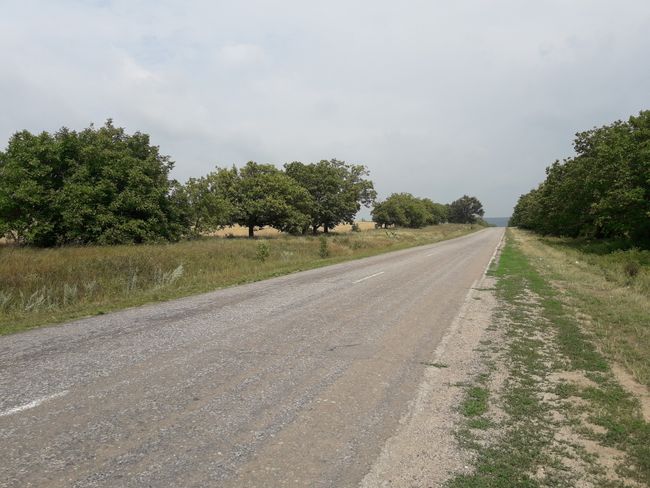
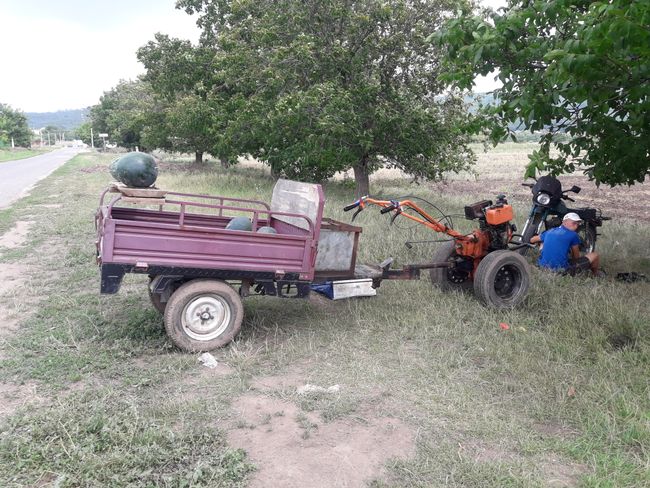
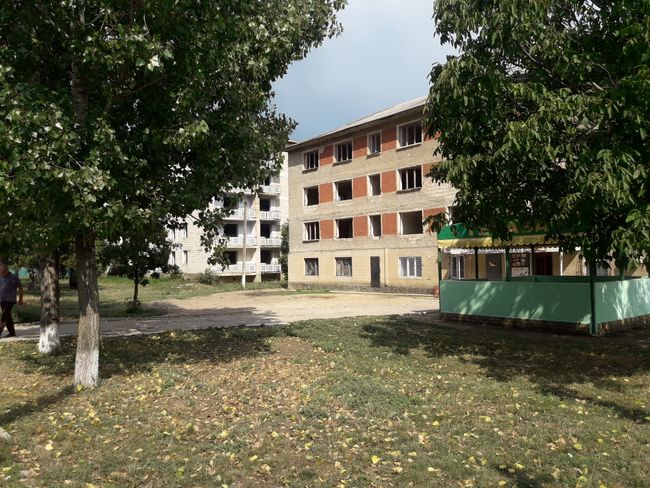
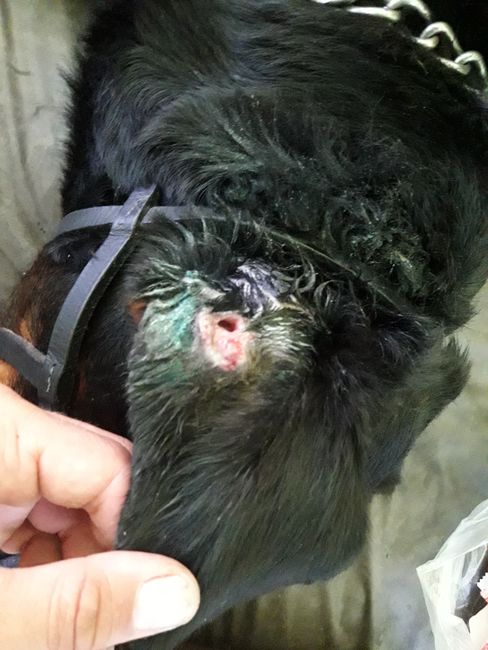
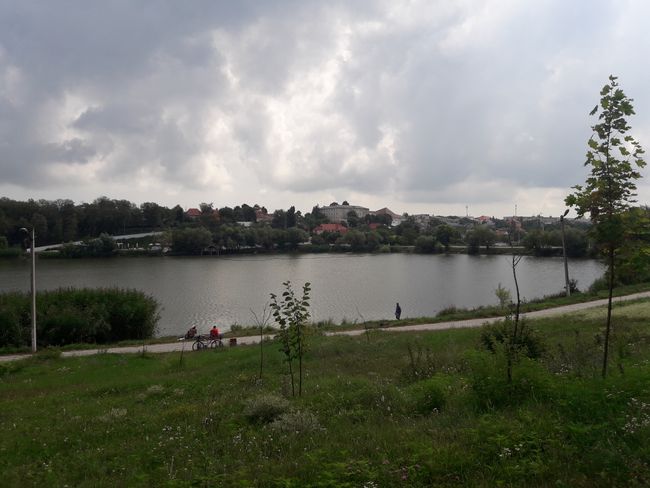
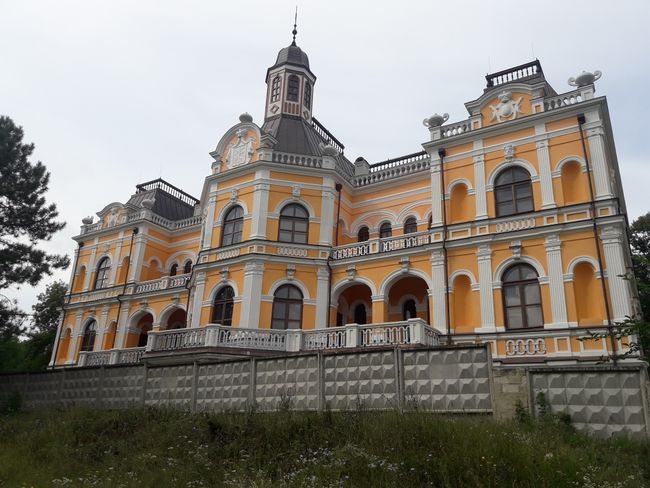
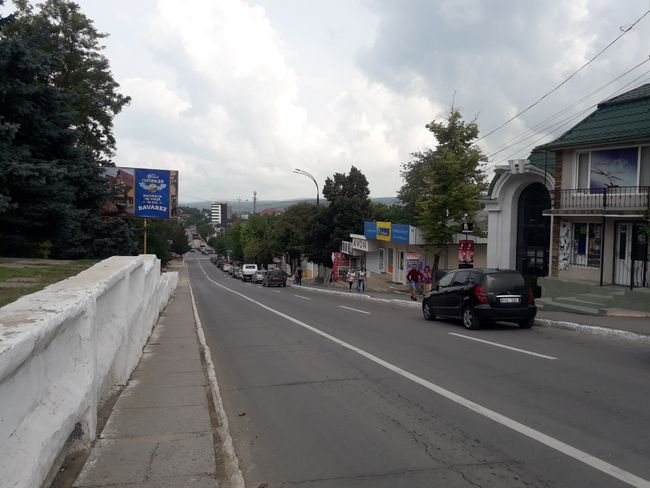
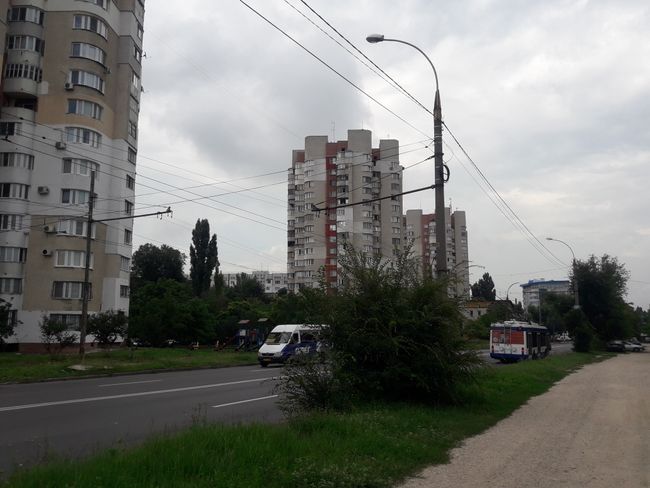
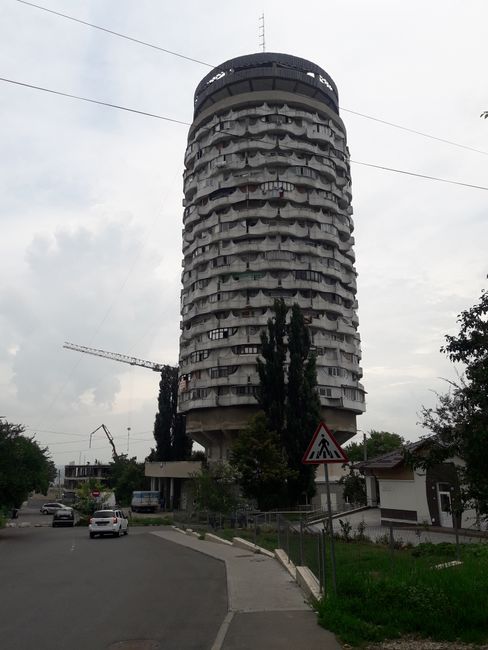
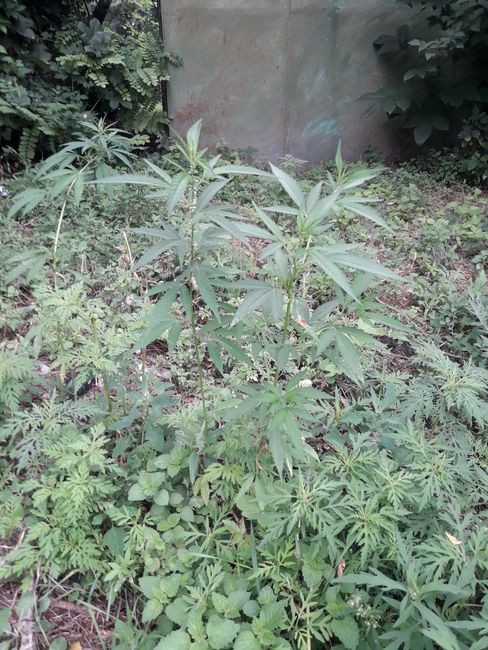
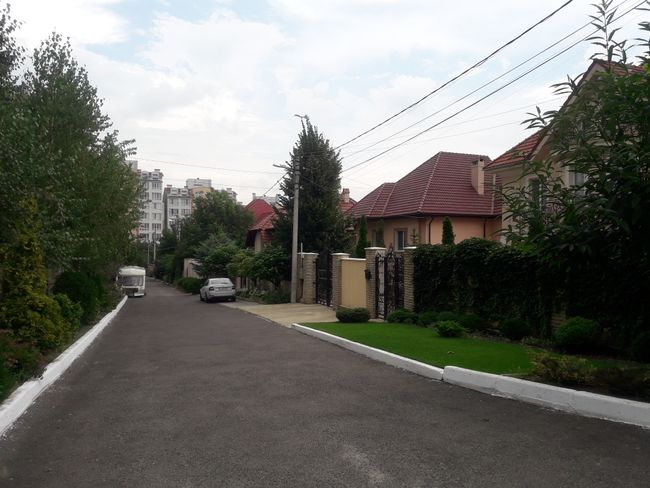
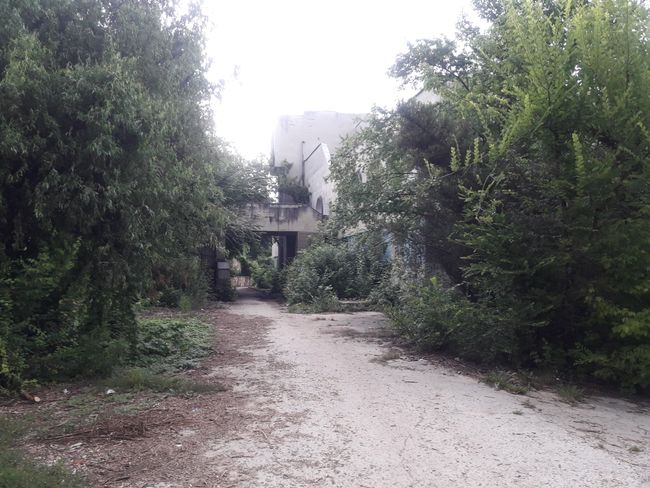
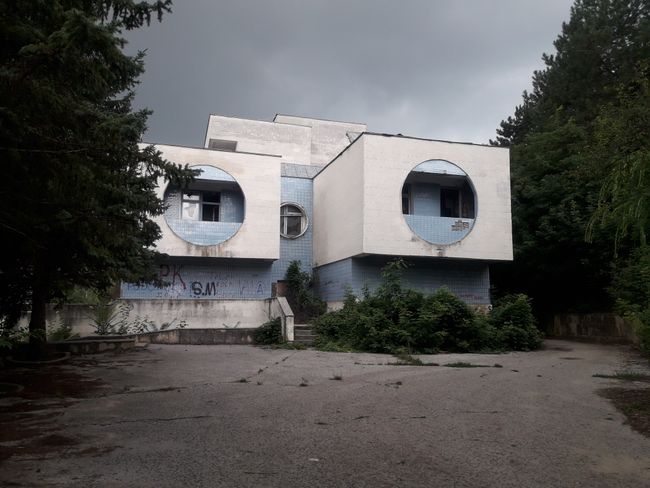
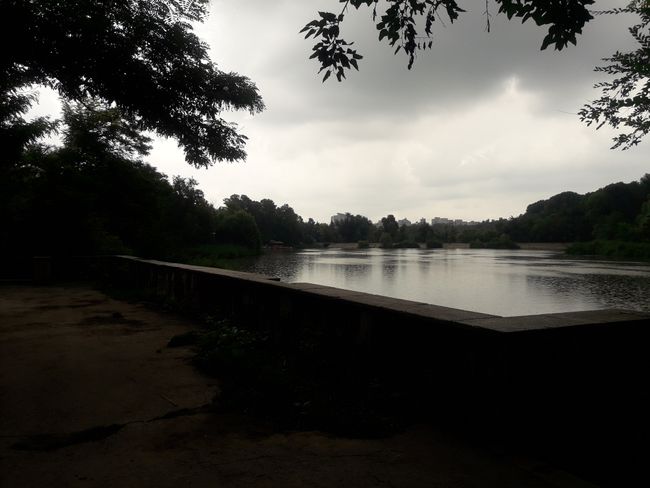
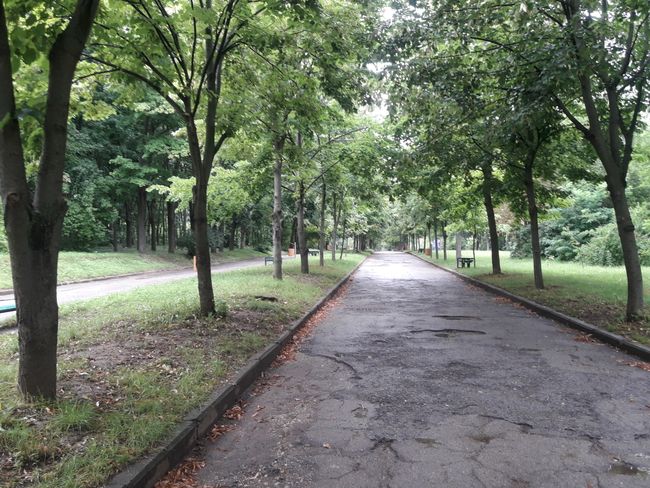
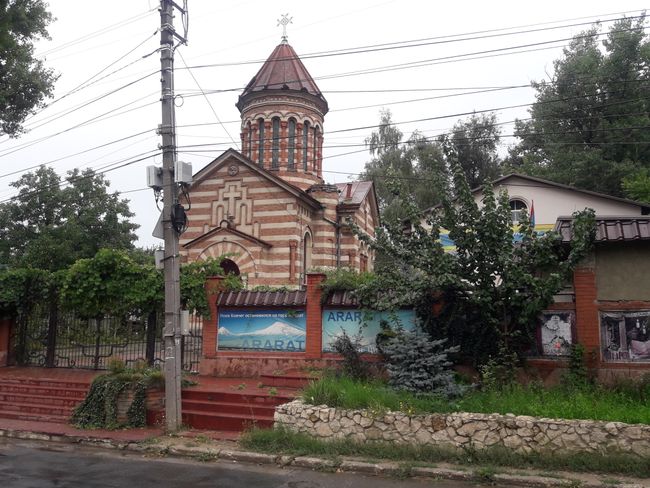
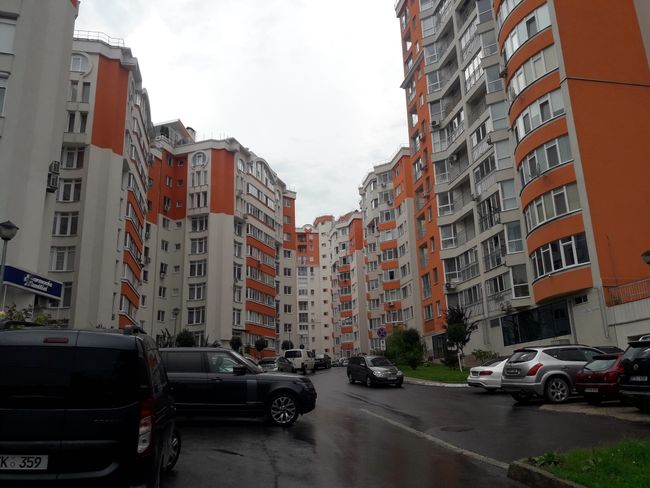
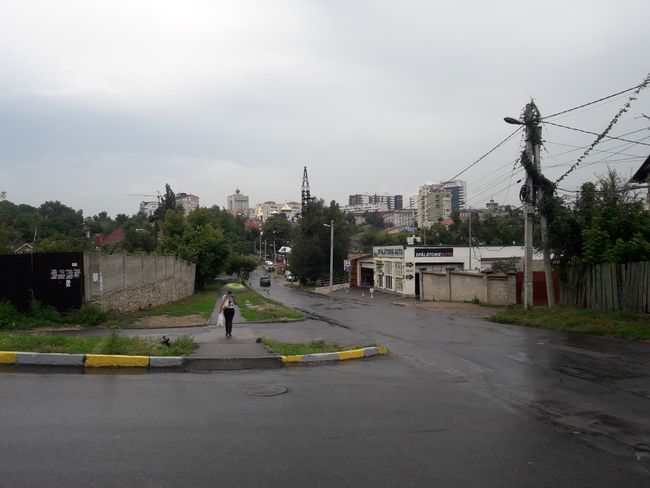
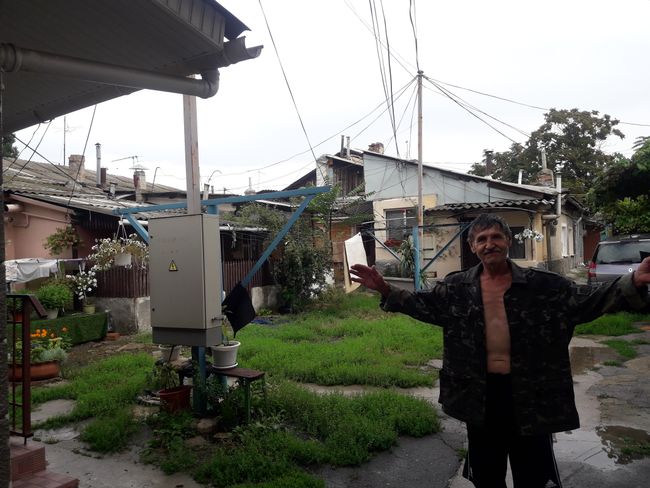
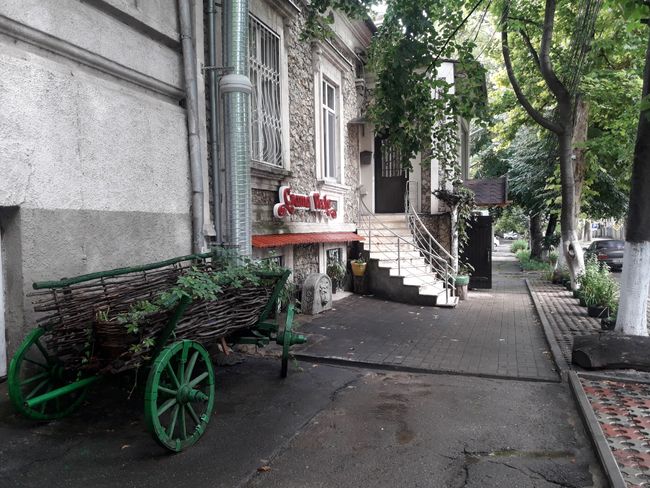
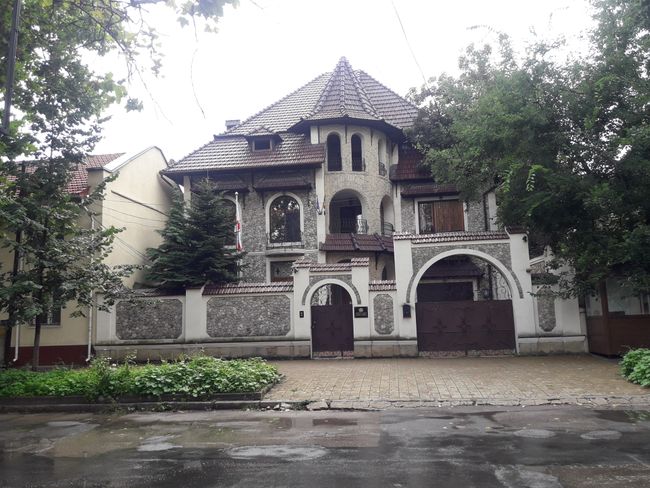
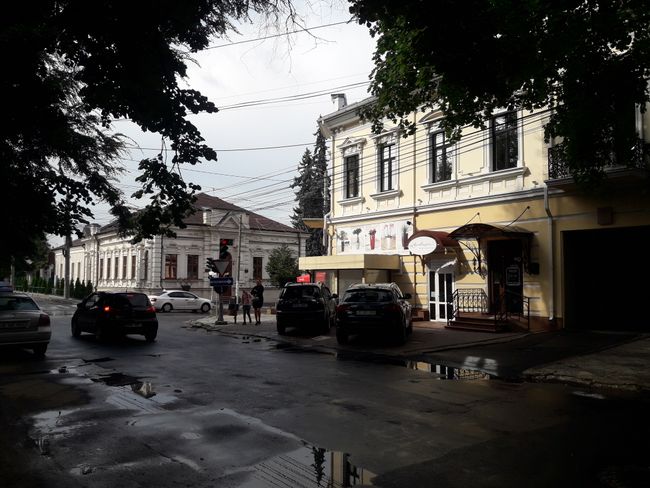
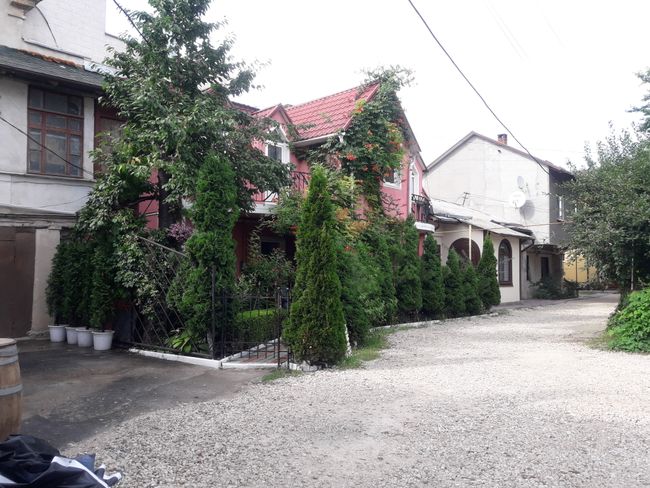
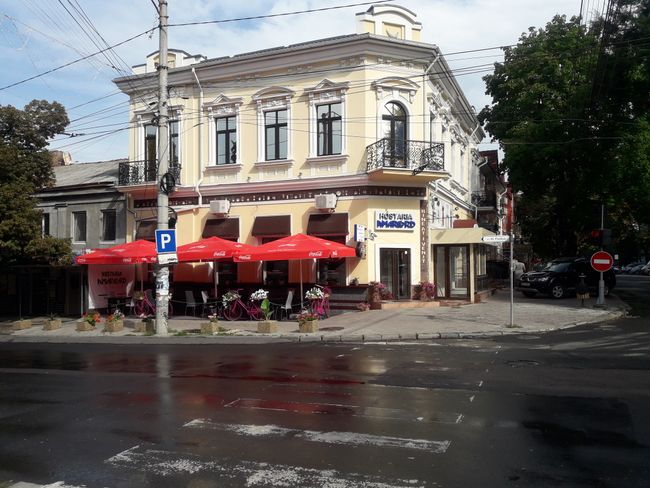
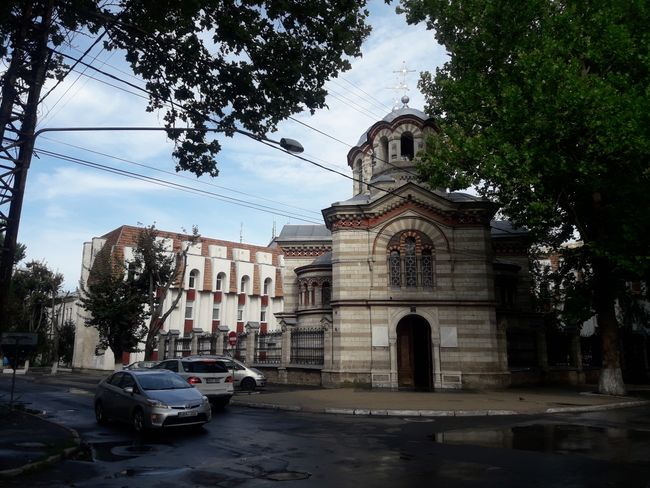
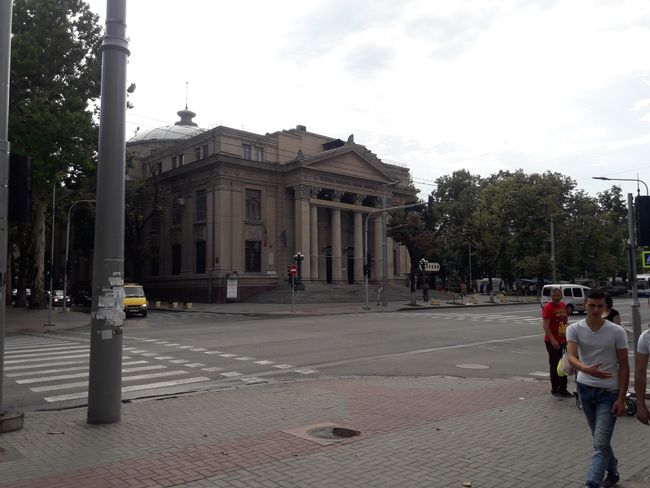
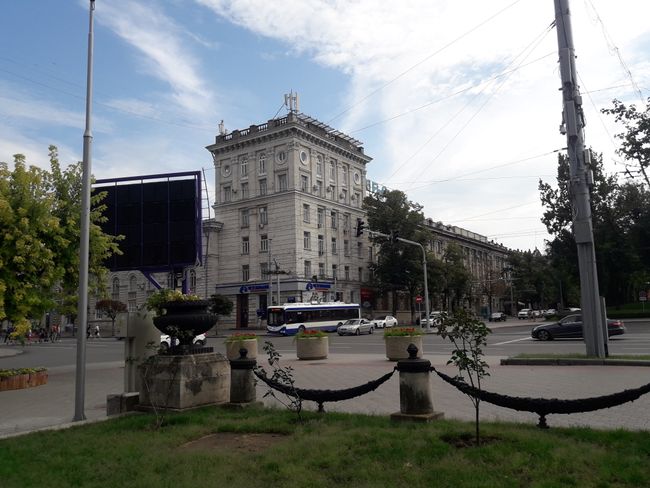
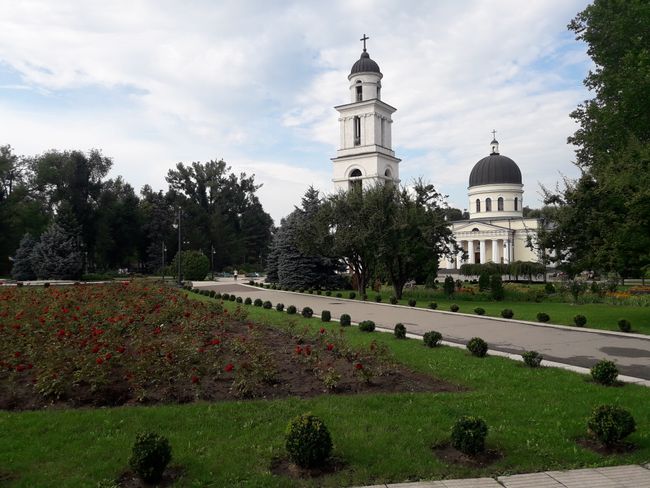
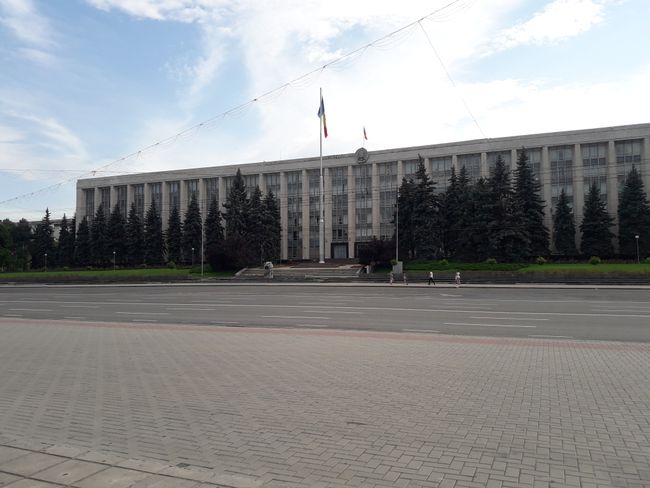
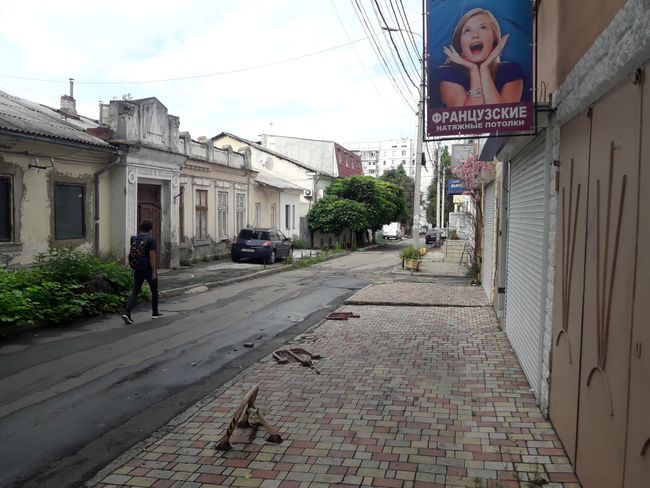
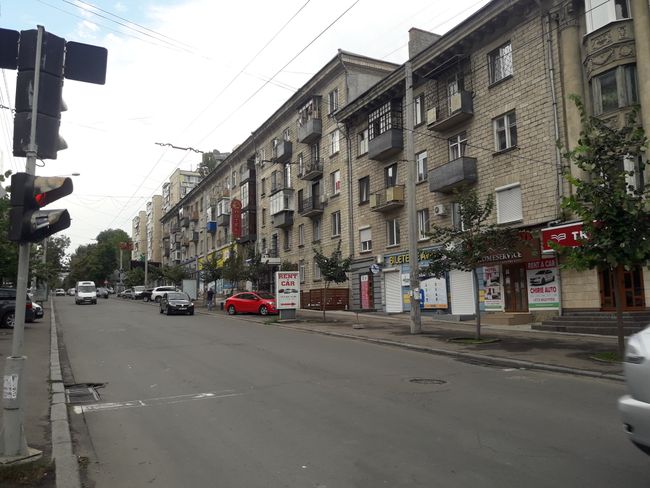
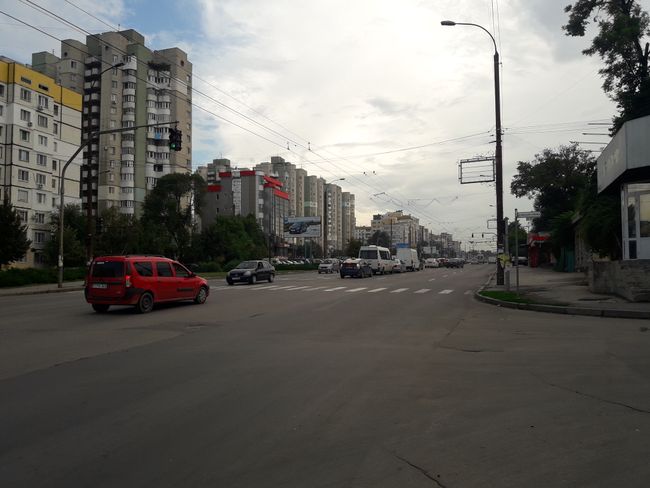
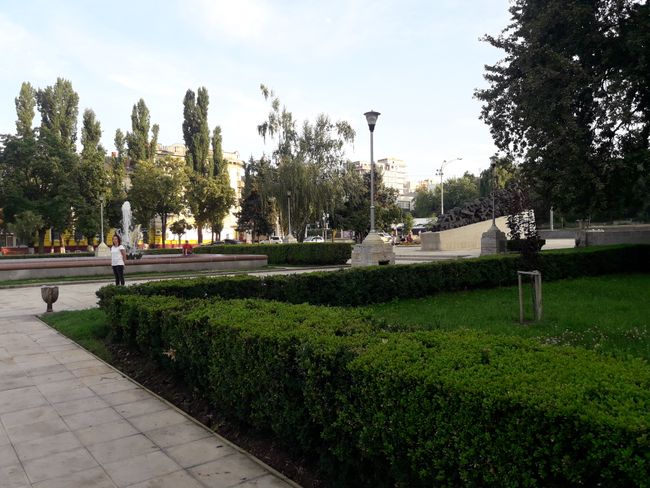
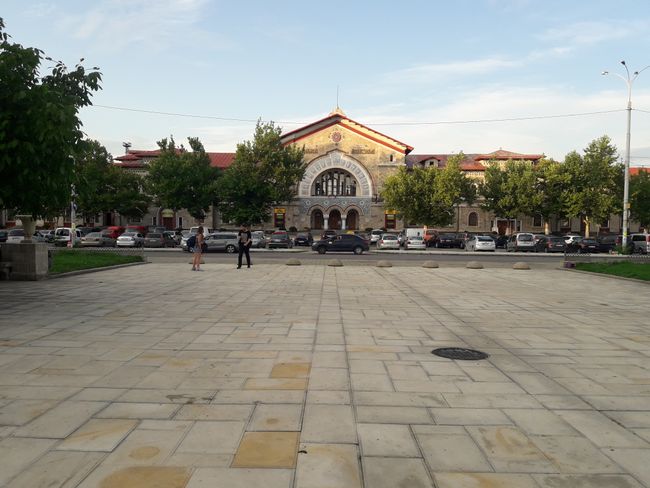
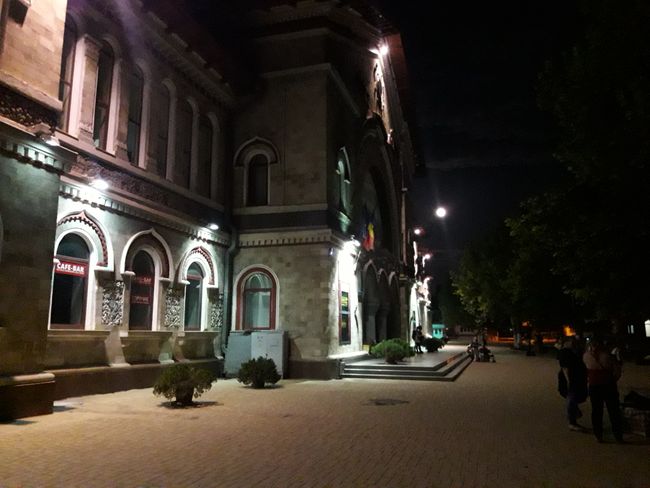
Բաժանորդագրվել տեղեկագրին
On Thursday morning (26.07.2018) around six, all visibly homeless people are driven out of the train station hall in Iaşi, I am allowed to stay a little longer. Around quarter to seven, Rango and I make our way to the nearby bus station. The first buses to Chişinău go through the Sculeni border crossing, about 15 km northeast of Iaşi. I strike up a conversation with a young bus driver. According to him, even the exit with a dog is not possible at Sculeni, as the only chip reader for the border officials is reportedly in Albiţa. That also means my Plan B, to walk to Sculeni and from there to the nearby railway line Bălţi - Ungheni, is futile. There are two bus connections over the approximately 70 km south situated Albiţa border crossing, at 18:30 and 19:30. Since no one can assure me that I can leave Iaşi with either one of them, it seems inappropriate to wait that long. I decide to make my own way there. The next train to Bârlad leaves shortly before eight, so there is some time for a small breakfast. A short time later, we are sitting in the train heading south and we find ourselves at Vaslui station at ten past nine. Here, I take care of Rango's ear, recharge my batteries, and complete the travel report on my stay in Iaşi. Then I make my way to the bus station with my backpack. There are still three day's walk from here to the border. With the third bus driver, I finally have luck with a bit of support, and we can ride with him to Huşi. The only downside is that Rango has to be put in the luggage compartment. Since it is quite large and otherwise empty, I decide to give it a try. I sit in the passenger compartment directly above Rango, so I should be able to hear him. At the first stop, I get off and check on him - everything seems to be fine. Nevertheless, I feel guilty during the three-quarters-hour drive. We get off at the bus station in Huşi around half past twelve. At first, it looks like we could continue directly, but the responsible bus driver waves us off. Next attempt is at three o'clock. During the waiting time, I have a cup of coffee and a pack of gummy bears that I found in my West package. Shortly before three, the bus driver beckons me over and we can ride in the back of the bus. We get off at the Albiţa border crossing at half past three and approach the first person in uniform. The gist of the conversation: Crossing the border on foot is not allowed in Albiţa, we have a big problem! At that moment, I felt like Asterix in search of the A38 permit, just incredible. The next uniformed person listens to my problem, asks if I have papers for Rango, if the big guy is vaccinated, and sends us on with a 'good luck'. At the Romanian border hut, there is a cheerful border guard. He asks me to be patient for a moment, as he organizes a vehicle to take us with. Neither Rango's passport nor his chip interest him. A moment later, we are sitting in a car with a nice Romanian who is picking up his son from the other side of the border. At the Moldovan border post, there is also no interest in the big guy, only the baggage check ends abruptly when the border guard smiles after opening Rango's tailgate. So we are back in Moldova in no time. At a nearby rest stop, I get some water for Rango and try in vain for a good hour to find a ride towards Chişinău. Then we set off on foot southeast. After about 5 km, we are stopped by two policemen on patrol with their quad. After checking my identification, I am vigorously instructed to return to the main road to Chişinău. My planned and much shorter route through the villages is rejected. very annoying. So I set up our tent a little northwest of Feteasca in a small acacia grove, overlooking the nearby border crossing.
On Friday, we set off towards Chişinău around half past eleven. When we arrive at the main road, I organize some food for Rango and a coffee for myself at a gas station. The next bus to the capital leaves around two. So we still have enough time to walk to the next village and replenish my reserves of Moldovan Leu. The village shows itself in a typical Eastern European appearance - individual houses with small gardens along a main street and a parallel side street. Every now and then, a fountain invites for refreshment. In Leuşeni, the bus driver refuses to let Rango on board. We continue walking to the next gas station. There, I once again try to persuade several people to give us a lift, once again without success. We continue along the busy main road towards the north. We turn northeast towards Oneşti and reach the village around half past three. We have covered about 12 km so far. The sun is mostly obscured by a few clouds, but it is still uncomfortably warm. So Rango drinks a whole bowl of water during the break, while I enjoy a cool soda. After half an hour, we continue. After two kilometers, we are picked up by a group of construction workers. We had already encountered the guys at the gas station before Leuşeni. We can ride with them to Hinceşti and unexpectedly cover half the distance to Chişinău on the same day. They also give me a tip for a hotel, but it falls through on site. After consulting with some Moldovans, I set up our campsite near Parcul Victoriei.
On Saturday morning (28.07.2018), our first stop is the castle in Hinceşti, which is located very close to the park. The building appears to have been renovated, but is currently not accessible. We then go to the city center, where unexpectedly the first bus to Chişinău takes us. The bus is already packed, but we are allowed to board anyway. I can hardly believe my luck. So we get off shortly after eleven at the southwestern outskirts of the Moldovan capital and make our way to the city center from the bus station. I have marked about 10 hostels on my map and hope to find accommodation for 1-2 nights. There is no hostel at the first two markings, but instead a hotel in Thai style with separate bungalows. We could stay there, but the budget doesn't allow for over 40€ without breakfast. We stroll through Valea Trandafirilor (a kind of city park) and take shelter from the rain for an hour in a beach bar with a covered terrace. We continue to the old town of Chişinău, where we go from hostel to hostel. At around six o'clock, we visit the last marking on my route, but even there we cannot find accommodation despite having a free single room. So I decide to make my way to the train station in the Moldovan capital. There seems to be a campsite at the northern outskirts, about 12 km away. However, I have already gotten an impression of the city during the day, so there is no reason to force a stay. We treat ourselves to dinner and reach the train station at around quarter to eight. I receive several pieces of information about the train ride to Bender, my next destination. The first information at the information desk: There is no longer a train to Bender, but I can take a train to Odessa the next morning at 6:57 am. The second information at the information desk when I try to buy a ticket to Odessa: There is a train to Odessa on Sunday, but I can no longer buy a ticket for it, so I won't be able to leave Chişinău by train the next day either. I am recommended to take a bus - very funny! The third information at the ticket counter: Taking the train to Bender the next morning is no problem if I'm also taking the train to Odessa. However, whether I can bring Rango along must be decided by one of the train attendants, who are expected to arrive with the train from Odessa at half past ten. At half past ten, I get the green light from one of the train attendants. No problem, Rango is allowed to come along. I announce the good news to the ticket seller and can purchase a ticket. To celebrate the success, I treat myself to a cool kvass before finding a quiet spot in the train station hall with Rango.
Բաժանորդագրվել տեղեկագրին
Պատասխանել
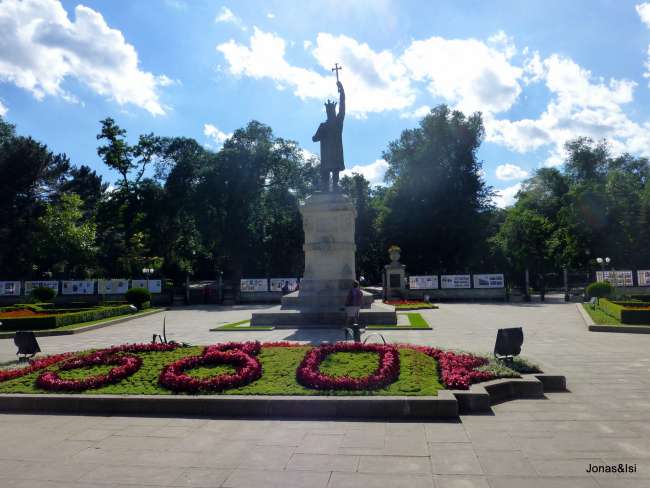
Ճանապարհորդական հաշվետվություններ Մոլդովա
